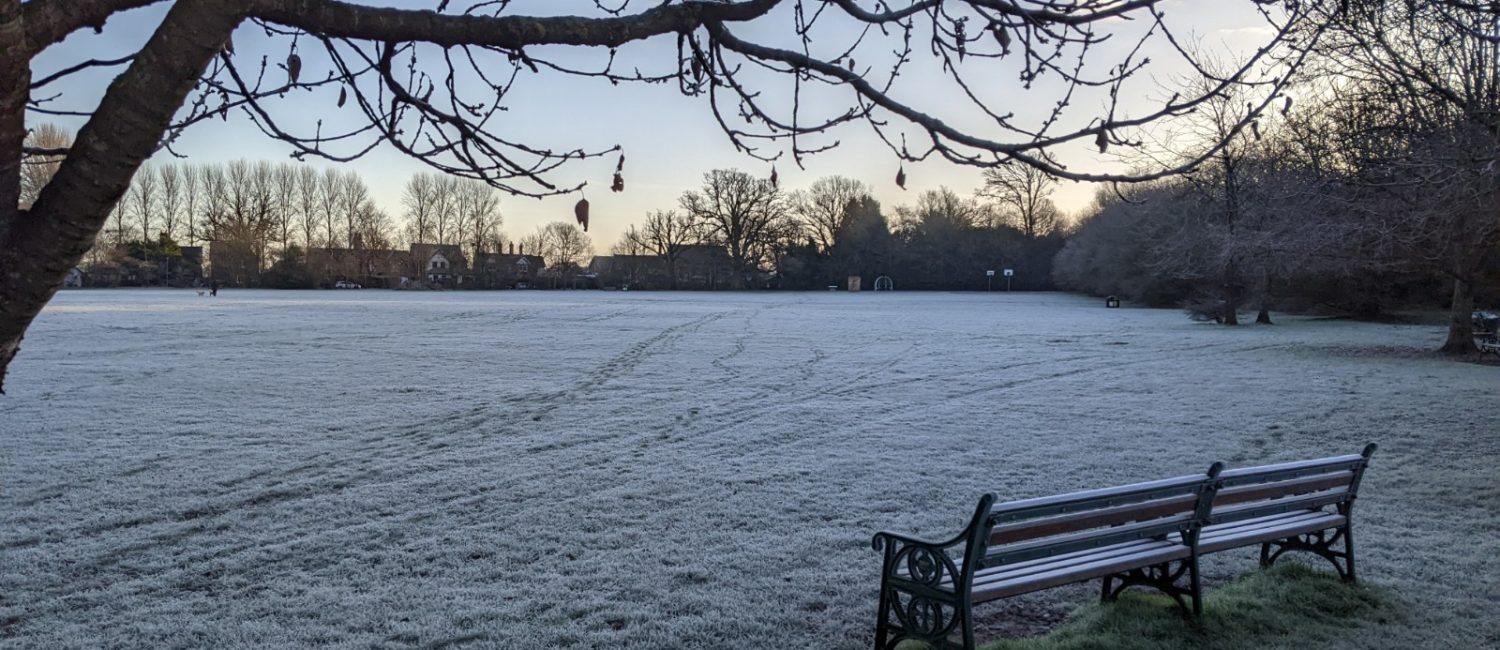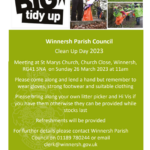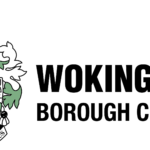What is a Parish Council?
A parish council is an elected, corporate body which is the lowest tier of local government, there are 10,000 parish and town councils in England. Parish councillors are unpaid, and elected members, who serve four years on the council. A parish council is often referred to as a ‘local council’ which distinguishes it from ‘principal councils’ such as district, county, and unitary councils.
A parish council’s activities fall into three main categories:
• Representing the local community.
• Delivering services.
• Improving quality of life.
A parish council has few statutory, or legal duties, but many discretionary powers to fulfil its role to the local electors or residents. Powers include providing open spaces, an allotment site,
There are 17 town or parish councils within Wokingham Borough Council.
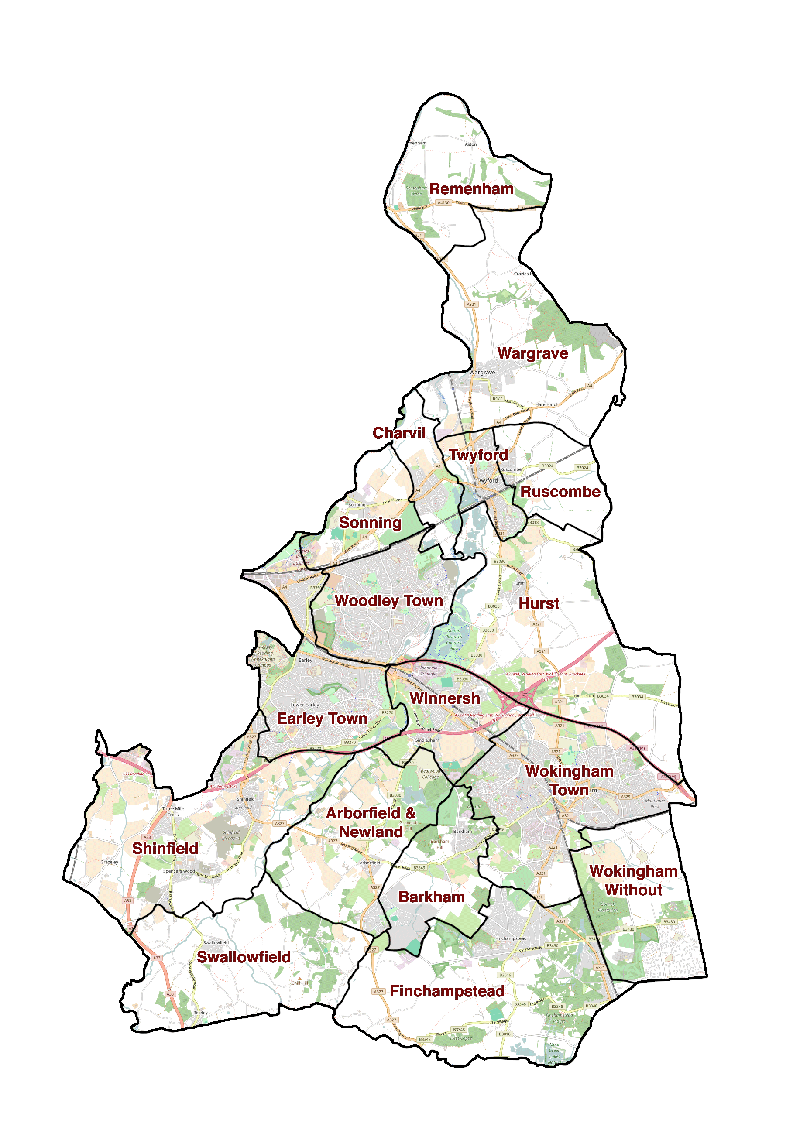
History of parish councils
The Local Government Act 1894 reformed local government in England and Wales. This Act transferred all non-religious functions from the church to elected parish councils in rural areas with over 300 inhabitants and gave female landowners the power to vote. The creation of parish councils was a move towards democracy and removing the power that the church had over people’s lives. The 1894 Act followed reforms carried out at county level under the Local Government Act 1888.
More reform came for principal councils with the Local Government Act 1972. Wokingham District Council was formed in April 1974 by merging the Municipal Borough of Wokingham and Wokingham Rural District. Wokingham District Council then became a unitary authority in 1998 after the abolition of Berkshire County Council. Wokingham Council was then granted borough status in 2007.
The Localism Act 2011 provided further legislation for local authorities and town and parish councils giving them more powers, freedoms, and flexibilities to deliver services to local areas and their residents.
How are parish councils funded?
Parish councils are funded by the precept, which is the parish council’s share of the council tax collected from residents by the local billing authority, which in Winnersh, is Wokingham Borough Council. The precept is agreed annually by the parish council as part of its budget for the following financial year. Parish councils can also raise revenue from other streams such as community hall hire.
Parish councils can also apply for money for specific projects from the Community Infrastructure Levy (CIL) collected by the local authority. CIL is a charge applied to new building developments to help create and maintain infrastructure around them, such as roads, schools and sporting or recreational facilities.
What is Winnersh Parish Council responsible for?
Winnersh Parish Council is responsible for the running and maintenance of Winnersh Community Centre, the Bearwood Recreation Ground and the allotment site off Woodward Close. The parish council also plans and runs a number public and community events such as the Winnersh Summer Fete. The parish council, along with the Winnersh Sustainable Transport Group is a member of the Community Rail Network and has adopted Winnersh and Winnersh Triangle stations.
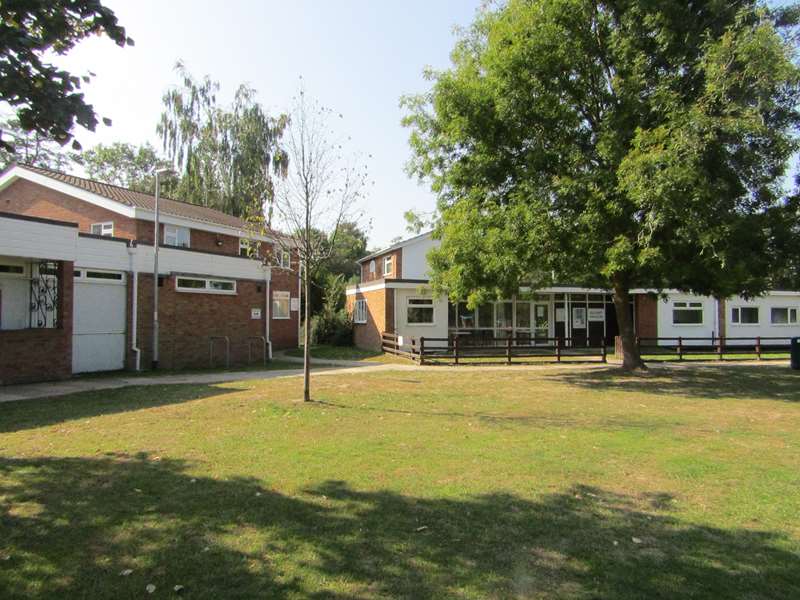
Winnersh Community Centre
Meetings and Administration
All parish councils must hold meetings and the frequency will depend on its size and responsibilities. Winnersh Parish Council holds monthly meetings for three committees, Full Council, Recreation and Amenities Committee and Planning Committee. There is also a Finance and General Purposes Committee quarterly, in January, April, July and October. The agendas and minutes of these meetings are displayed on the parish council website.
A parish council will have a Clerk who is an employee responsible for the administration of the council and will act as a point of contact for parishioners. Depending on the size of the parish or town council there may be other employees such as an Assistant Clerk or a caretaker.
How can I get involved?
There are several ways a member of the public can get involved with their local town or parish council.
• The parish council meetings are open to and can be attended by the public.
• Some parish councils may have Working Groups for particular issues or projects which members of the public can be a part of.
• Regularly check a council’s website and social media for information and events.
• Parish Councils often have grant funding available. Charities and local organisations can apply for funding, which will also make the parish council aware of their groups or projects which can create a working relationship.
• Contact your local councillors. Email addresses will be available on a council’s website. Contact them with any issues, thoughts or feedback.
• You can become a parish councillor.
How to become a Parish Councillor?
To become a parish councillor a candidate must:
• Be at least 18 years old.
• A UK or Commonwealth citizen, a citizen of the Republic of Ireland or an eligible citizen of a member state of the European Union.
Then to stand for election in a particular parish:
• Be an elector in the parish
• You have occupied as owner or tenant any land or other premises in the parish/community area during the whole of the 12 months before the day of your nomination and the day of election.
• Your main or only place of work during the 12 months prior to the day of your nomination and the day of election has been in the parish/community area.
• You have lived in the parish/community area or within three miles of it during the whole of the 12 months before the day of your nomination and the day of election.
A parish councillor can be elected to the post by the electorate or via co-option which is when a public election is not held but the other members of the council vote on the candidates. A parish councillors’ term is four years before re-election; however, any member of the council can leave at any time. A parish councillor does not have to affiliated to any political party.
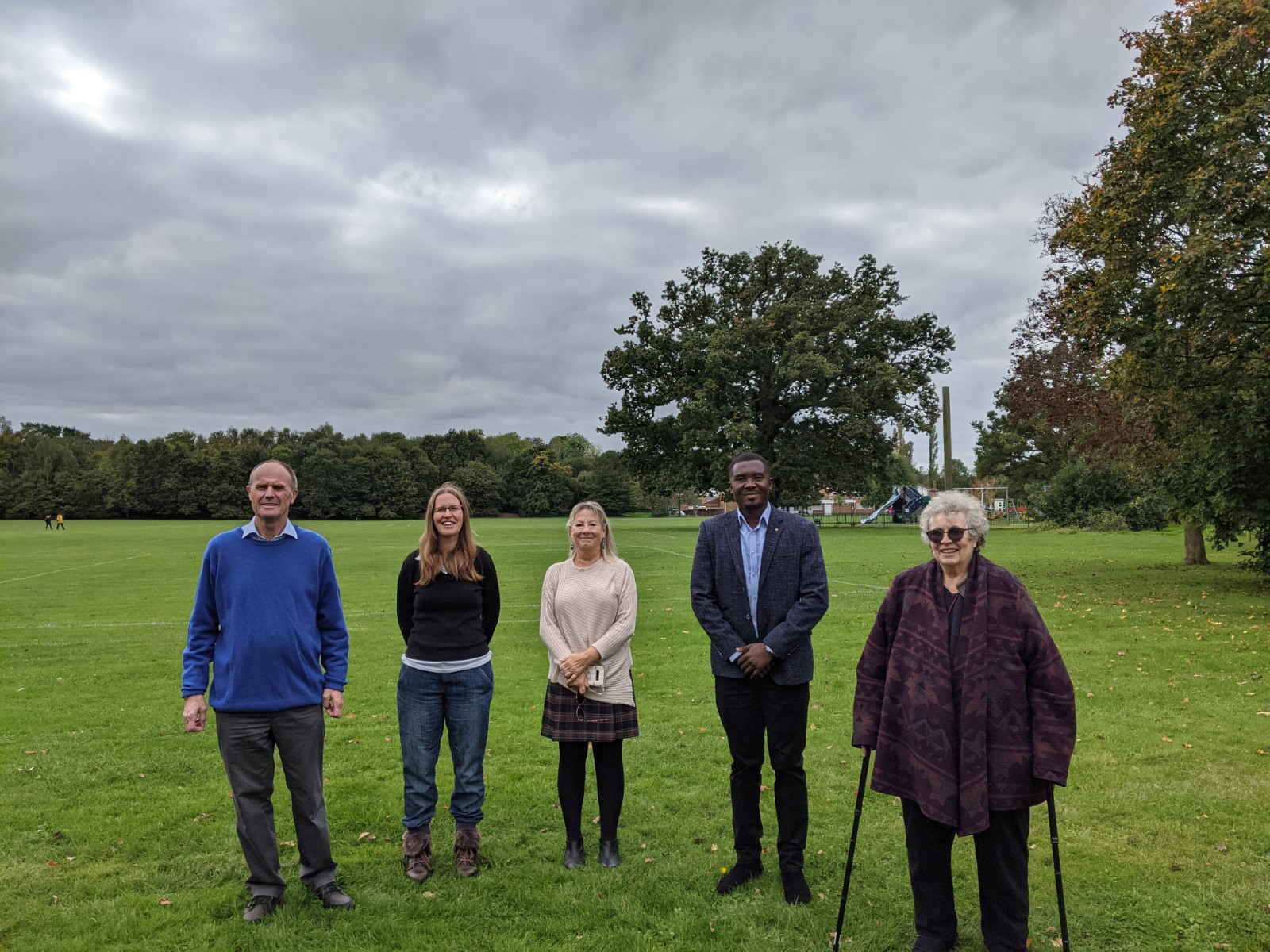
Cllrs Fishwick, Nicholson, Doyle and Boadu.
At Winnersh Parish Council there are 15 places on parish council, all of which are currently filled. Vacancies are advertised on the website and social media, along with the noticeboard at Bearwood Recreation Ground. If you have any questions about becoming a member of any parish council contact the Clerk of that parish council. Parish Councillors are required to regularly attend parish council committee meetings, where decisions are made, and adhere to the council’s Code of Conduct. There may also be opportunities to get involved in planning community events such as a Summer Fete or an annual litter pick.

